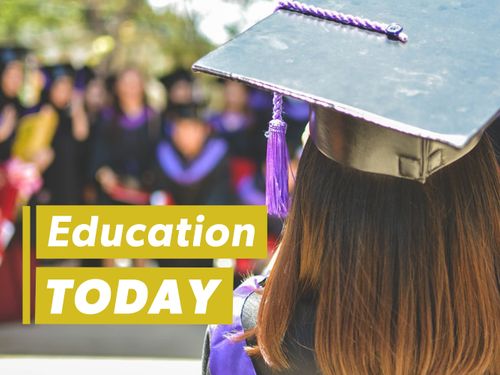What does it mean to be educated now?
Nov 05, 2020 · 2 mins read
0
Share

In 1959, the scientist and novelist C.P. Snow delivered a lecture which generated heated debate. In ‘Two Cultures’, he argued that the lack of communication and understanding between people in the humanities and the sciences was a block to world progress.
Save
Share
Snow had often found himself in situations where “highly educated” people would dismiss the cultural illiteracy of scientists and engineers. But when he asked them if they could describe the Second Law of Thermodynamics, it stopped them cold.
Save
Share
The Second Law is the scientific equivalent of having read some of Shakespeare’s plays. The same highly educated people were not able to explain simple scientific concepts like mass or acceleration.
Save
Share
“The majority of the cleverest people in the western world” C.P. Snow said, “have about as much insight into [modern physics] as their Neolithic ancestors would have had.”
Save
Share
Citing C.P. Snow, Financial Times columnist and political journalist Janan Ganesh admits, “I am able to carry on a career in public life without being able to say in detail how Einstein amended Newton, or what calculus is.”
Save
Share
Not for much longer. One legacy of the Covid-19 pandemic is that ignorance of science “will no longer be viable in polite company”. Not just medicine and epidemiology, but quantitative science e.g. understanding how an infection rate of 3 can mean one person passing the disease to 59,000.
Save
Share
Most politicians have no scientific background. Their bumbling through press conferences is matched by the ignorance of reporters. Most have humanities backgrounds, yet they need to hold the government to account in the specifics of science and mathematics.
Save
Share
Historians and political scientists are good at explaining the causes or World War Two. They’re on much shakier ground when it comes to the origins and course of pandemics. Climate change was already requiring humanities people to become more scientifically literate, but Covid-19 exposed their full ignorance.
Save
Share
The “most engaging” people Ganesh knows are architects, because they have a balance between the quantitative and qualitative, between science and art. While their profession requires them to be good at both, our education system, and most jobs, force us to choose.
Save
Share
C.P. Snow called for a ‘unified culture’ in which scientific and cultural literacy had equal importance. The segregation was possible while nature left us alone. No longer, says Janan Ganesh. Knowledge of science and mathematics has become a matter of “mortal urgency”.
Save
Share
0